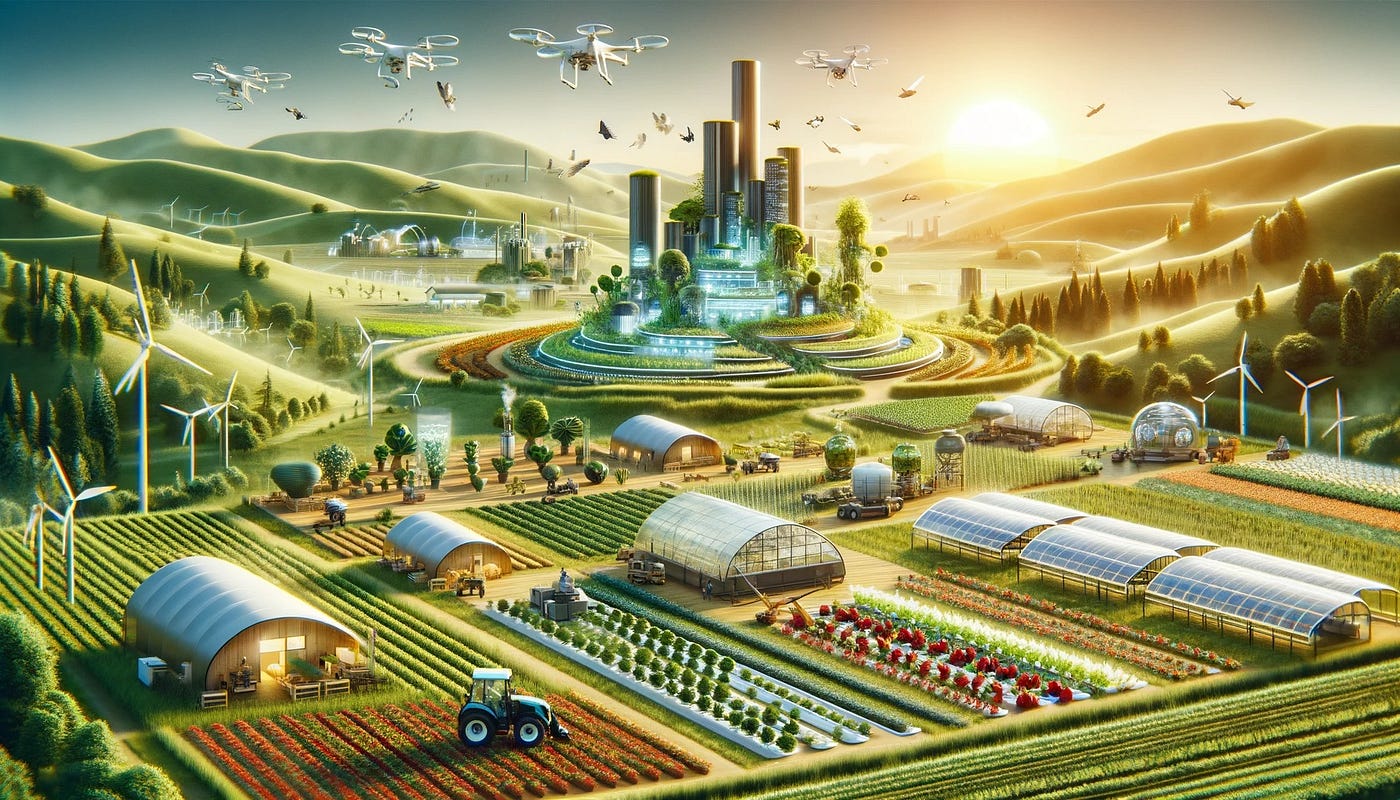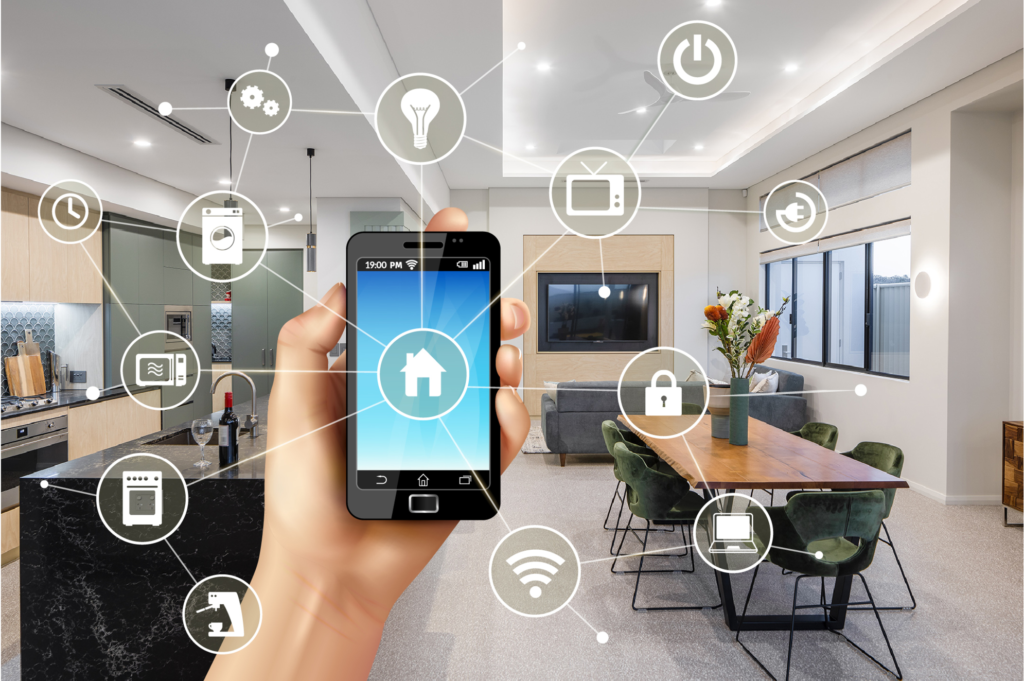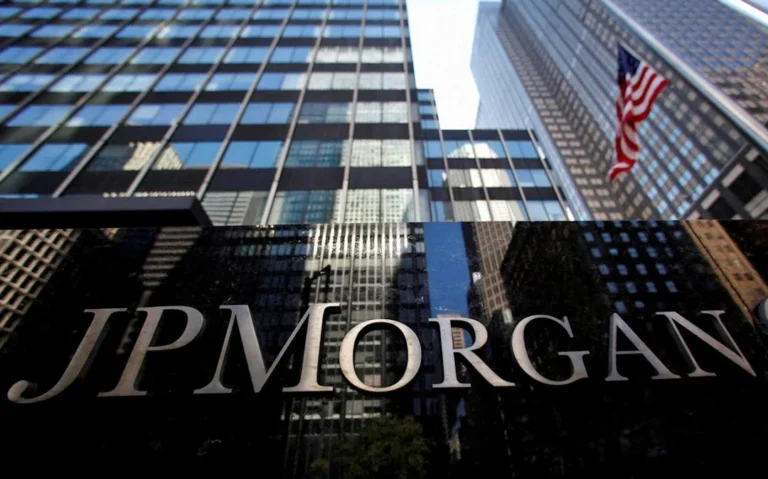The Rise of Sustainable and Tech-Driven Modern Lifestyles: How Technology and Sustainability Are Shaping Our Future

March 30, 2025
In 2025, modern lifestyles continue to evolve rapidly, driven by advancements in technology, sustainability, and shifting consumer preferences. The increasing demand for eco-friendly solutions combined with innovations in technology is reshaping how we live, work, and consume. From smart homes to sustainable fashion, today’s modern lifestyle integrates comfort with a growing awareness of environmental impact. Here’s a look at how these two factors — technology and sustainability — are taking center stage in shaping the modern lifestyle.
The Tech-Driven Smart Home Revolution

The concept of a smart home is no longer a futuristic idea, but rather an integral part of daily life for millions of people. In 2025, homes are becoming increasingly automated, offering features such as voice-controlled devices, smart thermostats, AI-powered security systems, and interconnected appliances.
One of the major trends is the use of Artificial Intelligence (AI) and Internet of Things (IoT) to enhance convenience, safety, and energy efficiency. For example, smart refrigerators can track food inventory and suggest recipes, while smart thermostats optimize heating and cooling based on usage patterns, reducing energy consumption. This not only makes homes more efficient but also significantly reduces carbon footprints.
Sustainability in Everyday Life
As climate change becomes an urgent global issue, individuals are increasingly adopting eco-friendly habits and products. Sustainable fashion, zero-waste living, and plant-based diets are gaining traction as people become more conscious of the environmental impact of their choices.
- Eco-Friendly Fashion: The fashion industry has long been one of the largest polluters in the world. However, sustainable fashion brands are now leading the charge toward eco-friendly alternatives, using recycled materials, plant-based fabrics, and ensuring ethical labor practices. Consumers are turning toward second-hand shopping and clothing rental services to reduce waste.
- Zero-Waste Movement: The rise of the zero-waste lifestyle has inspired millions to reduce single-use plastic, limit food waste, and recycle more efficiently. From using reusable bags to embracing composting, the zero-waste movement encourages people to rethink the way they consume goods and services.
- Plant-Based Diets: The shift toward plant-based diets is a major trend in modern lifestyles. As more people become aware of the environmental costs associated with animal agriculture, plant-based alternatives are growing in popularity. Veganism and vegetarianism are no longer niche; they are mainstream dietary preferences, with an increasing number of restaurants and food manufacturers offering plant-based options.
Technology Meets Sustainability: The Role of Renewable Energy

As technology advances, so do sustainable energy solutions. In 2025, renewable energy sources like solar power, wind energy, and geothermal heating are increasingly accessible and cost-effective for residential and commercial use. Solar panels are becoming more efficient and affordable, while electric vehicles (EVs) are seeing mass adoption as the world pushes for a cleaner, greener future.
Tech companies are also innovating in the field of sustainable energy storage and smart grids, making it easier for consumers to manage and store renewable energy for later use. Innovations such as solar-powered charging stations and home battery systems are allowing people to become less dependent on traditional energy sources and reduce their environmental impact.
Digital Nomadism: The New Work-Life Balance

The rise of remote work and digital technologies has led to a surge in digital nomadism, where individuals live and work from different locations around the world, enabled by technology. From tropical islands to urban centers, digital nomads embrace a lifestyle that allows for flexibility and freedom.
In 2025, digital nomads can work from anywhere thanks to an internet connection and collaboration tools. This lifestyle has been further facilitated by the increase in co-working spaces, remote work-friendly policies from companies, and the rise of “workations” — combining business with leisure.
The shift to remote work is also driving cities to rethink urban spaces, incorporating more flexible living arrangements, eco-friendly designs, and digital infrastructure that supports the modern work-from-home lifestyle.
Mental Health and Well-Being: The Focus on Balance

As people’s lives become more tech-connected and fast-paced, there is an increasing focus on mental health and well-being. In modern lifestyles, many are seeking mindfulness, meditation, and mental health support tools to cope with the pressures of daily life.
- Meditation Apps: With the rise of mental health awareness, many are turning to meditation apps like Headspace and Calm to find moments of peace amidst their busy lives. These apps provide guided meditations, breathing exercises, and stress-reducing techniques that help individuals manage their emotional and mental health.
- Wearables for Wellness: Wearable technology, such as fitness trackers and smartwatches, has become an integral part of the modern lifestyle. Devices like the Apple Watch and Fitbit help individuals track their physical health, monitor sleep patterns, and encourage exercise, thus supporting a balanced, healthy lifestyle.
Conclusion: The Future of Modern Lifestyle
The modern lifestyle of 2025 and beyond is defined by a blend of cutting-edge technology and increasing environmental consciousness. With technology becoming more intuitive and interconnected, and sustainability becoming a central focus, individuals are embracing new ways of living that prioritize comfort, convenience, and the planet’s well-being.
From smart homes and sustainable fashion to remote work and mental wellness tools, the future looks bright for those who are ready to adapt to these evolving trends. As technology continues to advance and sustainability becomes more mainstream, the possibilities for modern living are endless.
Stay up to date with the latest trends in modern living and sustainability by visiting:





